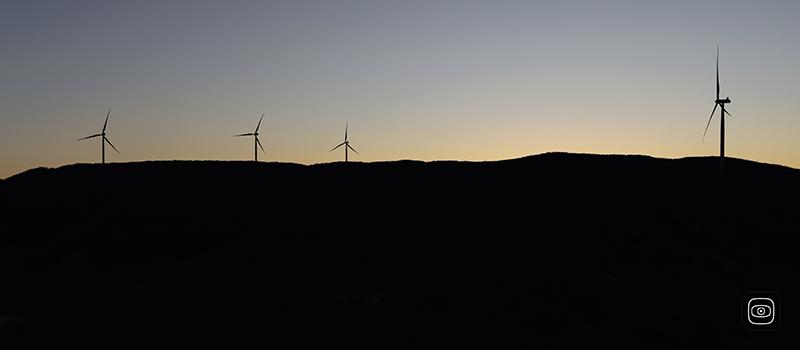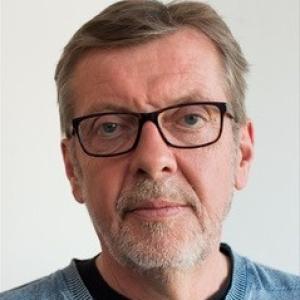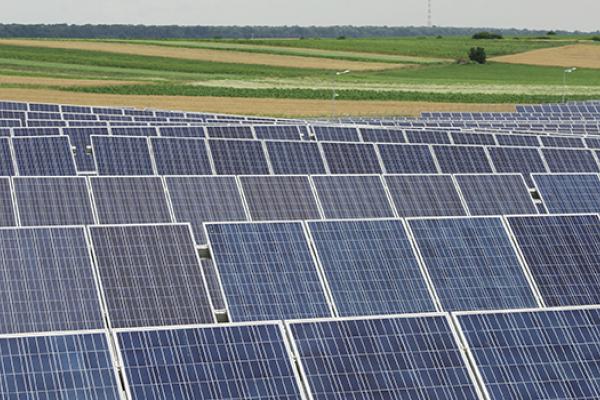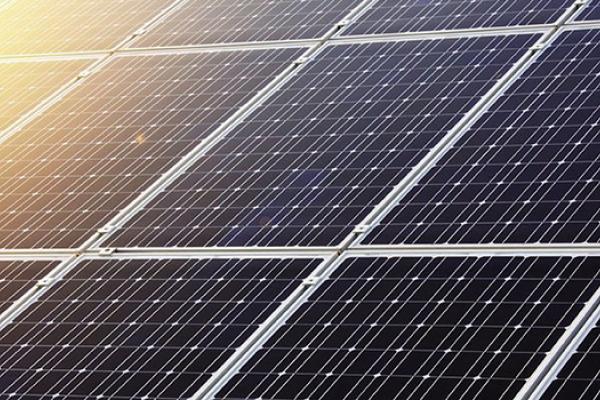Italy, despite its strong solar and wind potential, is falling short in the energy transition. In 2024, renewables met over 41% of electricity demand, but progress is hindered by bureaucracy, policy instability, and a system that favours large players. Small producers are sidelined, and strategic coordination is lacking.
Greece, with over 40% of electricity from renewables in 2023, has made remarkable progress thanks to a coherent strategy and broad public support. However, grid congestion, market concentration, and limited citizen participation threaten long-term resilience.
Bulgaria is experiencing rapid solar expansion, with photovoltaics accounting for more than half of its renewables capacity. However, weak wind growth, poor infrastructure, and political and regulatory hurdles make this progress fragile. Low public awareness also limits community participation.
Key themes emerge in all three countries, according to the team's findings:
- Infrastructure is outdated and under pressure from the increasing integration of renewable.
- Polical uncertainty and bureaucratic inefficiency create risks for investors and citizens alike.
- Citizen involvement is often symbolic rather than substantive, limiting social ownership and acceptance.
- There is a risk that green growth will be elite-driven and dominated by large corporations rather than inclusive, decentralised models.
- Storage, interconnection, and regulatory reform are the most urgent frontiers.
The findings of this project show that renewable energy in Southern and South-Eastern Europe is not just a question of technology or investment - it is deeply political. The region's energy future will be shaped not only by the megawatts installed, but also by who participates, who benefits, and who is left out.
Whether the transition is equitable, efficient, and sustainable depends on the choices made now - about institutions, priorities, and people.
Photograph by Lazaros Tachtsidis.



